I’ve experienced my fair share of travel-induced illnesses, but the worst case was the time I got food poisoning just before boarding a 6 hour flight - a relatively minor mishap compared to others. This past year, my mom became bedridden for nearly a week due to a mystery pathogen contracted somewhere en-route from the U.S. to Australia, and a friend of mine once severed a tendon on the first day of a month-long vacation in a foreign country. Bummer.
My question is: could these incidents have been prevented? Possibly. While no one can foresee the future, we can all take steps to protect ourselves against illness, something especially important for solo travelers.
However, sometimes things just happen. In this post, I’m going to discuss some of the things you can do pre-trip to set yourself up for success, mid-trip to stay healthy, as well as what to do in the event of a medical mishap or emergency while traveling.
Pre-Trip Checklist
In order to stay healthy while traveling, you must already be in good health.
1. Get fit.
If you don’t already have a healthy diet and exercise regimen, consider refining these areas of your life before you begin planning a trip. Solo travel can be extremely taxing on both the mind and body, and if you’re not in good shape, you increase the likelihood of falling victim to some form of fatigue or illness. There is no “one size fits all” fitness regimen; however, adding a little physical activity to your life and choosing better, more wholesome foods are two simple things that can have a very positive impact on both your physical and mental health.
2. Get vaccinated.
Check with the CDC and make sure you have all the required vaccines to visit your host country or countries. It is recommended that you get any necessary vaccines 4-6 weeks prior to travel.
3. Pack smart.
Anticipate your health needs and bring the proper supplies with you on your trip. Things to consider:
Your prescriptions. Read this post for tips on traveling with medication!
Allergy medication
Good walking shoes (achy feet = achy body = no bueno)
Essential oils
Tea tree oil is antibacterial, antimicrobial, anti-fungal and can be applied topically to treat everything from bug bites and pimples to minor wounds
I like to use peppermint oil to help soothe headaches, but others have used it to soothe upset stomaches and congestion.
Appropriate clothing
If you’re traveling to a warm or tropical location, you’re going to want to bring light, breathable clothes like linen. Not only is this for comfort’s sake, but you don’t want to risk having a heat stroke.
Sun protection. I grew up in a beach town where we used to play “spot the tourist” by looking for the tell-tale giveaway: the sunburn. In all seriousness however, a mild sunburn is uncomfortable, but a severe sunburn can be very painful and dangerous. (This sunscreen is one of my favorites because it’s made from 98% organic ingredients and it’s reef friendly!)
4. Purchase Travel Insurance.
In the event that you crash through a roof in Bali, break your back and need to be helivaced from the area (this has happened), you don’t want to be stuck with an astronomical medical bill. In cases where unforeseen circumstances take a toll on your vacation and your wallet, travel insurance may be your saving grace.
To read more about the importance of travel insurance, click here.
Airport and plane survival tips
1. Disinfect.
I’m no germaphobe, but airports and airplanes make me feel as if I constantly need to sanitize my hands. Truth be told, you kind of do. Thousands of hands touch the seats you’ll sit on, the arm rests, the airplane bathroom doorknob, etc. Try to avoid touching the back of the seats while moving around the plane, but if you must, use hand sanitizer upon returning to your seat.
I like this EO Organic Lavender Hand Sanitizer because it smells pleasant and it doesn’t dry out my hands.
On that same token, you might consider using antibacterial wipes to clean your immediate area (seat, tray table, arm rests).
Hawaiian Hibiscus Winged Mask. Photo via The Barrier Method
2. Wear a mask.
I have never wanted to be that person - the one wearing a mask on an airplane. I suppose I didn’t want people thinking I was carrying some form of infectious disease, but after catching a nasty cold following my latest air travels, I’ve realized it truly doesn’t matter what people think because getting sick is not worth it. PLUS, I have discovered this awesome mask that looks more like a fashionable scarf by The Barrier Method. This mask is genius. It’s discrete, it’s anti-bacterial, and as the name implies, it places a physical barrier between you and the germs- decreasing your risk of getting sick. I have not used this mask yet, but you can bet your bottom dollar that come cold and flu season, I won’t fly without it.
3. Stay hydrated.
The air on a plane is very dry, and it’s easy to get dehydrated. The daily recommended intake of water is at least half your body weight in ounces. So, if you weigh 150 pounds, you should be drinking at least 75 ounces of water per day - a challenging task made even more difficult by traveling.
The easiest way I have found to stay hydrated is to bring a reusable water bottle with me everywhere I go. This ensures that I am constantly drinking water and staying hydrated.
Also, choose the aisle seat. I used to refrain from drinking a lot of fluids before a flight because I didn’t want to bother my neighbors every time I got up to use the restroom. It wasn’t until I read a tip about choosing the aisle seat that my flight experience completely changed. When I’m on the aisle, I am free to get up to use the restroom, stretch, and move around as much as I need to. There are certainly pros and cons to being in the aisle seat but for my needs, it is a must.
I find that my skin can get very dry and dehydrated while flying, so I like to bring a small spray bottle of rose water with me. It’s a great way to rejuvenate your skin, balance oils, and feel refreshed.
Finally, moderate your alcohol consumption while flying. Alcohol is known to dehydrate you, as is caffeine.
This blog post by leefromamerica has a lot of tips on flying healthy, including fasting to overcome flight-induced digestive issues. Food for thought.
Changes in latitudes, changes in attitudes…
Arriving in your destination can stir an array of emotions: excitement, lightheartedness, stress, exhaustion, etc. Here are the best way I have found to take care of myself both mentally and physically during my trip:
1. Maintain at least one aspect of your daily routine.
Typically, the easiest routines to incorporate into your travels are your morning and nightly rituals. If you typically wake up in the morning and take 2 hours to have your coffee, read the news, meditate, eat breakfast, or whatever it is you do, give yourself this time. If you’re worried about missing out on the day, wake up earlier or condense your routine a smidge. At night, it is essential for me to wash my face, apply my slew of night creams, unwind and relax - and I try to do this no matter what. It’s something that helps me feel grounded and like myself.
2. Get enough sleep.
Inadequate sleep is directly linked to a weakened immune system. One of the best ways to support your physical health is to get at least 7-9 hours of sleep per night. This also involves trying your absolute best to overcome jet lag by getting on the local schedule as quickly as possible. If you are able to postpone snoozing long enough to get quality sleep on your first night, you will feel infinitely better than if you fall asleep at odd hours.
3. Know when to take it easy.
Especially if you have very limited time in a particular destination, it’s tempting to cram as much as possible into one day. However, I prefer slow travel. (For numerous reasons, which you can read here.) When you adopt a slower pace while traveling, you give yourself time to breathe, destress, and rest. Running the gauntlet might cause you to get both physically and mentally burnt out.
As a solo traveler, I try to stay sharp at all times because I know that I can be vulnerable when I’m overly tired. If I do have a full day ahead of me, I make sure to squeeze in some down time to sit outside in a park or grab a coffee in a cafe to refresh.
Eating Healthy on the Road
For many people, my self included, eating well on the road is one of the most challenging aspects of traveling. Not only is sticking to your diet a major concern, but so is avoiding food borne illness- something I am all too familiar with.
1. Don’t be afraid to indulge.
There is a growing field of research which demonstrates how your mindset while eating impacts digests and absorption. Here is a really interesting blog post highlighting how the gut-brain connection works, and how negative emotions like stress hinder the digestive process.
Bottom line, if you’re going to indulge, do it and enjoy it! You’re better off eating that slice of triple-layered devil’s Dutch dark chocolate molten cake and savoring every minute of it, than you are eating it, and making yourself feel guilty for it.
2. Give yourself healthy options.
It’s hard to maintain control over your food selection while traveling. Airports don’t usually have fantastic options, but it helps if you at least bring your own snacks.
My go-to snacks are fresh fruit and vegetables, nuts and (my favorite) Larabars, RX bars or homemade versions of these.
I try to eat something fresh or green every day. Fresh food always makes me feel better. That being said, you do have to be careful with fresh *uncooked* food. Unfortunately, I believe the culprit of my latest bout of food poising was raw spinach. Approach raw fruits and veggies with a discerning eye.
3. Know what to avoid.
*see above for note about raw foods*
If you are traveling to a third world country, it is your responsibility to understand the food, water and hygiene standards practiced in your host country. Is it safe to drink the water? If not, you will have to drink only bottled water or consider investing in a portable water filter or a filter + water bottle duo.
If you have a sensitive stomach, it might be wise to stay away from spicy food and anything from a street vendor. Better safe than sorry.
What To Do If You Get Sick or Injured While Traveling
Sometimes, you try your best but you still get the funk. Or Montezuma’s revenge. If this is the case, here’s what you can do.
1. Have all your medical information handy.
Write down important information in a journal which you keep handy at all times. Include the name and number of a family contact and your doctor, as well as your health care information such as insurance provider and policy, a list of embassy-recommended hospitals in your host country, and the address and phone number of the nearest embassy or consulate.
2. DIY
Do what they always tell you: rest and drink lots of fluids. Drink more water than you want to, and perhaps some hot soup. Take it easy, don’t push through because you feel like you have to, you might end up making yourself worse.
3. Try a local pharmacy.
If you’ve never tried homeopathic remedies or naturalistic healing, here’s your chance! Depending on what country you are in, you might be able to find some homemade or herbal remedies that, believe it or not, often do the trick!
4. If you need a doctor:
Talk to your concierge and let them know that you need to see a doctor. If they are unable to help you, the U.S. Embassy should be able to put you in contact with an English-speaking doctor. Make sure you ask for a receipt and description of all the services provided so you can give this to your travel insurance company.
Your travel insurance company also likely has a number of resources at your disposal such as 24/7 hotlines and emergency contacts around the world.
Be Prepared
Hopefully you will never have to deal with a medical emergency while overseas, but in the event you do, you need to be prepared. Visit the U.S. State Department Travel website and find out exactly what you need before you travel abroad (visa, vaccination, etc.) as well as any travel advisories. Prevention is the most ideal method, but accidents do happen. Best to be prepared, and roll with the punches!
If you have any tales of medical mishaps while on vacation or tips to share, please let us know in the comments below!
Author: Madeline Freret
Madeline joined the Astrid Solo Travel Advisor team as a Content and Digital Marketing Manager in 2018. She believes that traveling is an essential aspect of life that allows you to see yourself, other people, places and things in a new light. She is passionate about trying new things, having a curious mind and seeking joy wherever she goes. To read more about her and each one of our Solo Travel Advisors, head over to the About page!
To receive the latest solo travel updates and be the first to know about upcoming AstridTravel Club trips and getaways, subscribe to our newsletter below! Follow us on social media to become a part of the journey. Click on the links below!




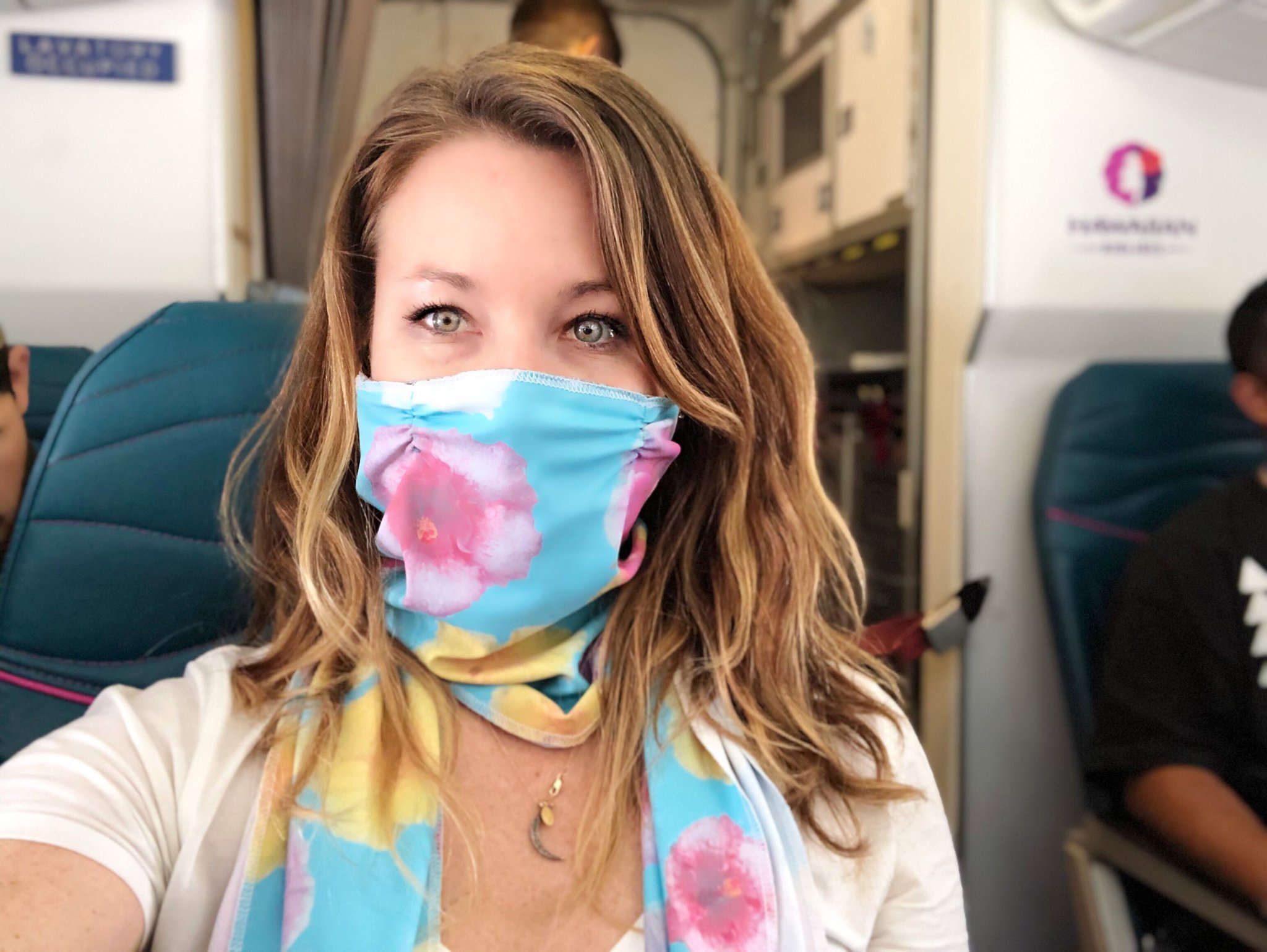



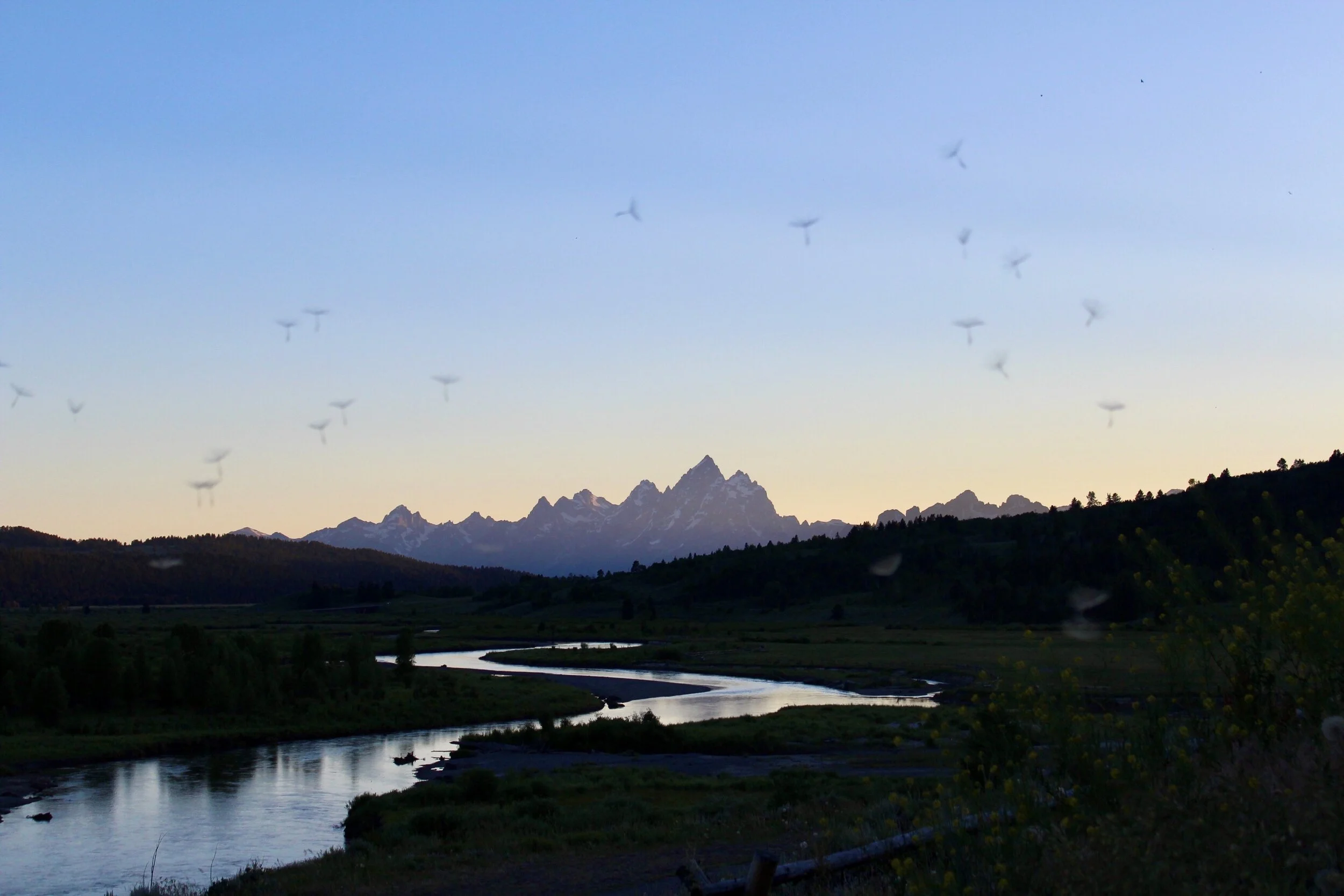



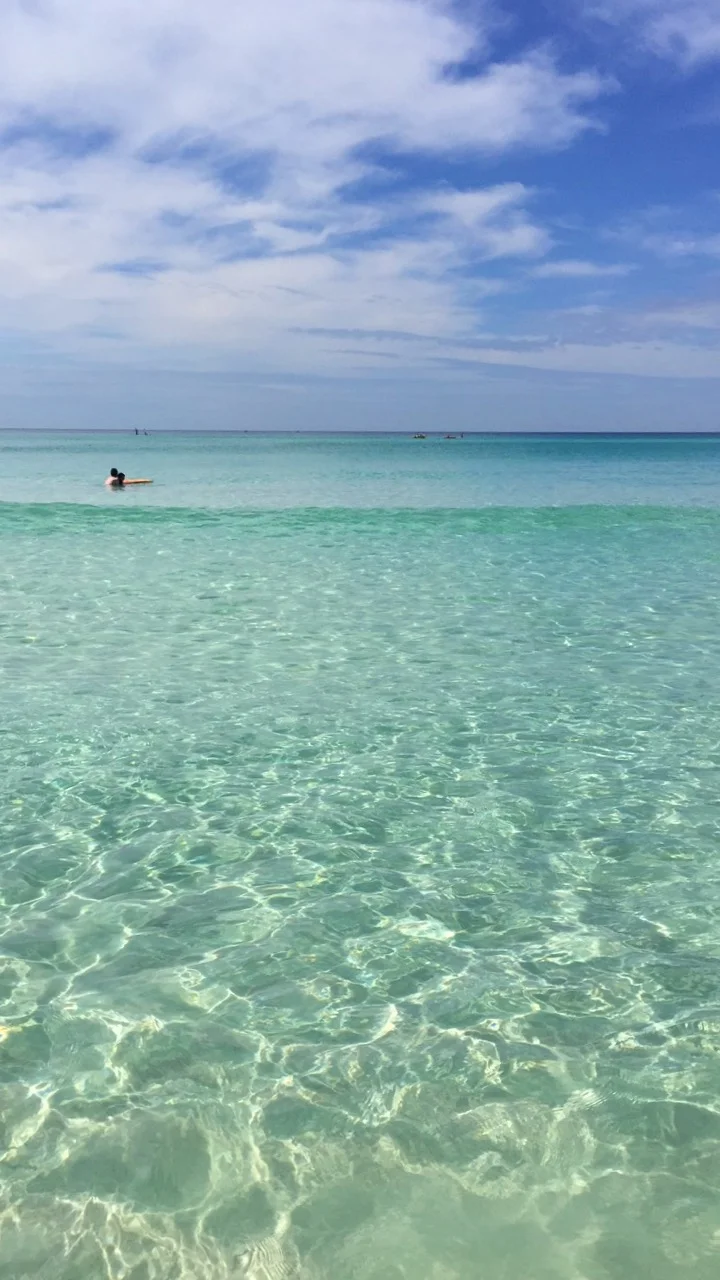

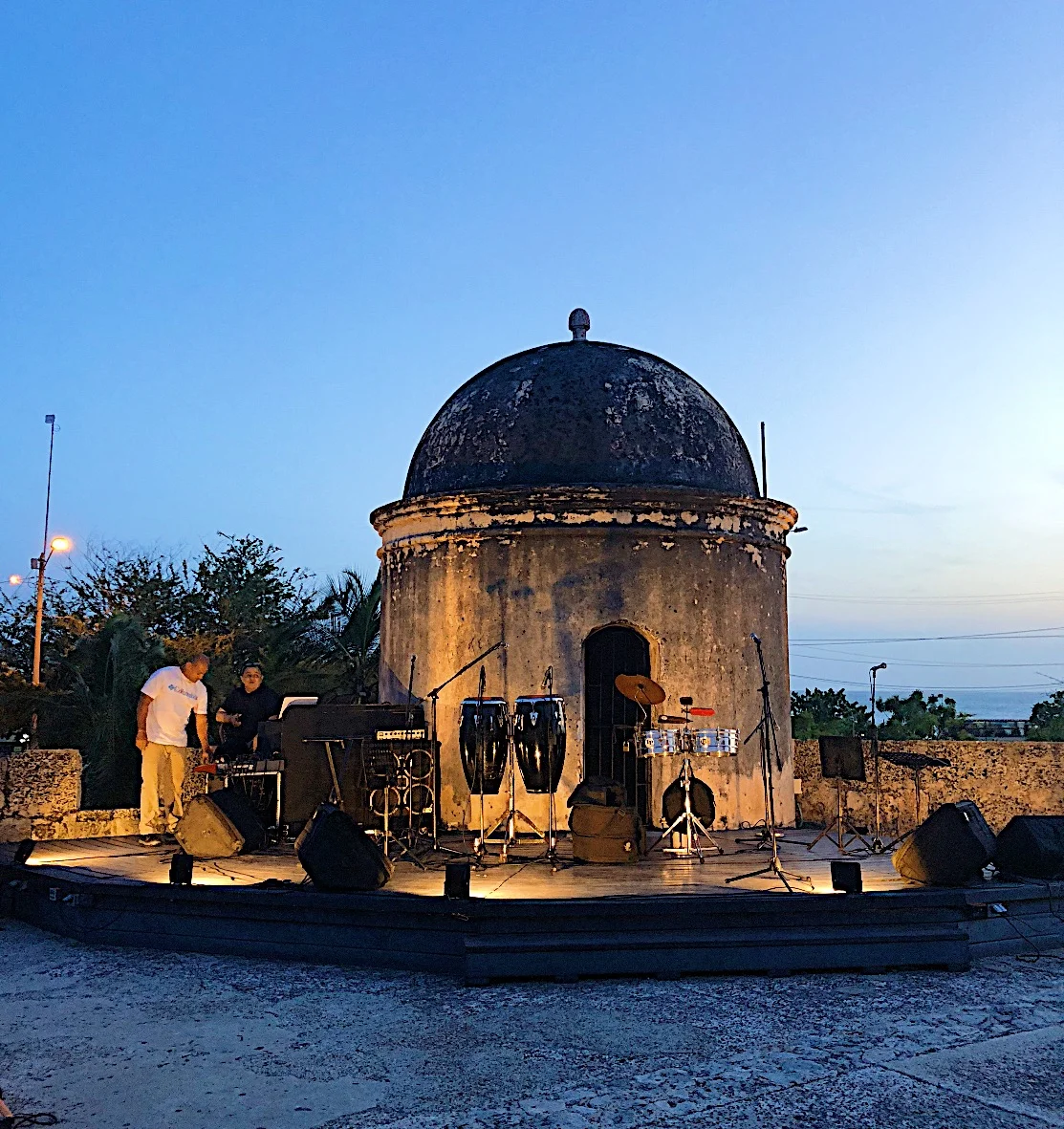


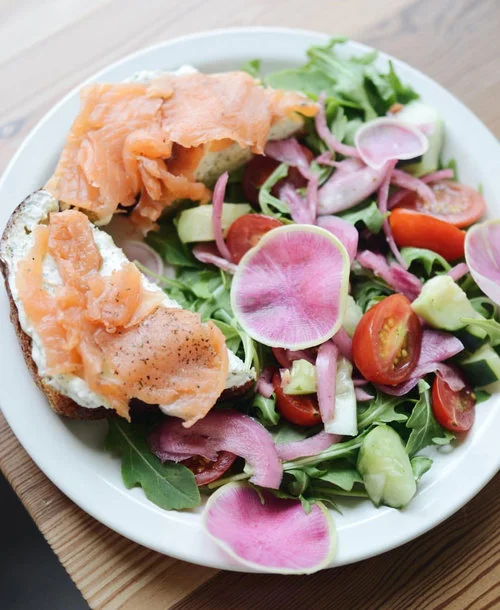







It feels wrong to talk about traveling right now. We're in the midst of a pandemic, thousands of people across the world are facing economic ruin due to worldwide lockdown measures, and, by all outward appearances, the United States seems to be on the brink of a divide. It’s as if world has been turned upside down.